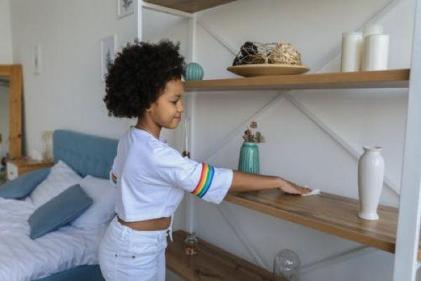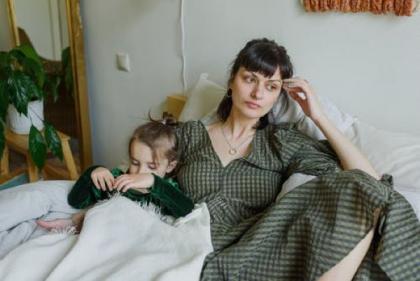 While we all may be guilty of telling the odd white lie to our children, a new study has revealed that they may know we’re withholding information, and fill in the blanks themselves.
While we all may be guilty of telling the odd white lie to our children, a new study has revealed that they may know we’re withholding information, and fill in the blanks themselves.
Hyowon Gweon, the leading author on the study, which is published in the journal Cognition says that:
“When someone provides us with information, we not only learn about what is being taught, we also learn something about that person. If the information is accurate and complete, then you might also trust that person in the future, but if this person has taught you something wrong, has made a mistake, or has omitted something that’s important for you to know, then you might want to suspend your trust, be sceptical of the information he provides in the future, and even seek other sources of information.”
In the study, one group of children received a toy that had four buttons, and another group got a toy with just one button. Each group had a teacher explain to them how to only use one of the functions, and were then asked to rate the teacher’s helpfulness.
The children who knew the toy had more functions gave much lower ratings than children who knew it was the toy’s only function.
Afterwards, when they found out the toys true capabilities, they were given another toy to play with. They were given a similar demonstration and it was found that the children who had believed the teacher the first time, were much less trusting the second time around.
Gweon explained what this meant:
“This shows that children are not just sensitive to who’s right or wrong, they can evaluate others based on who’s providing information that is enough or not enough for accurate inference. They can also adjust how they learn from a teacher in the future, depending on whether the teacher has previously committed a sin of omission or not.”



